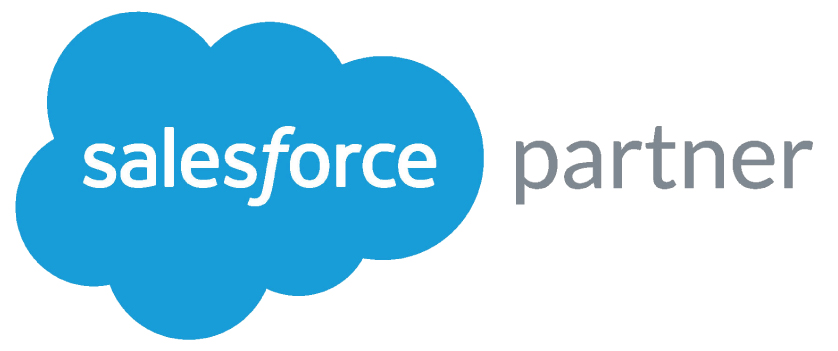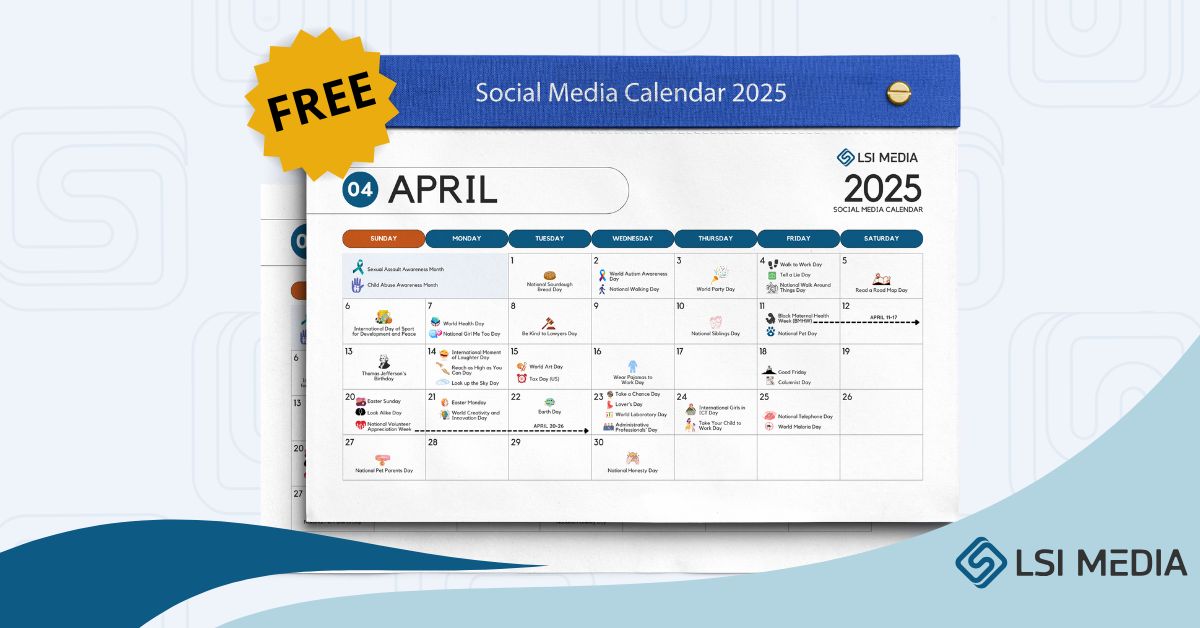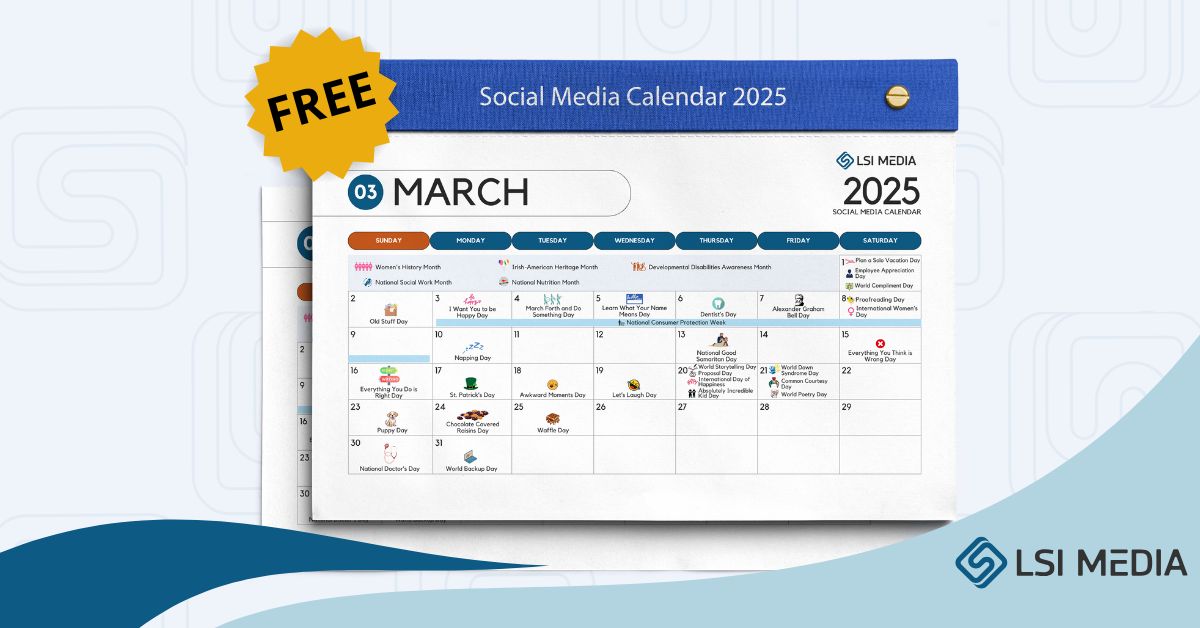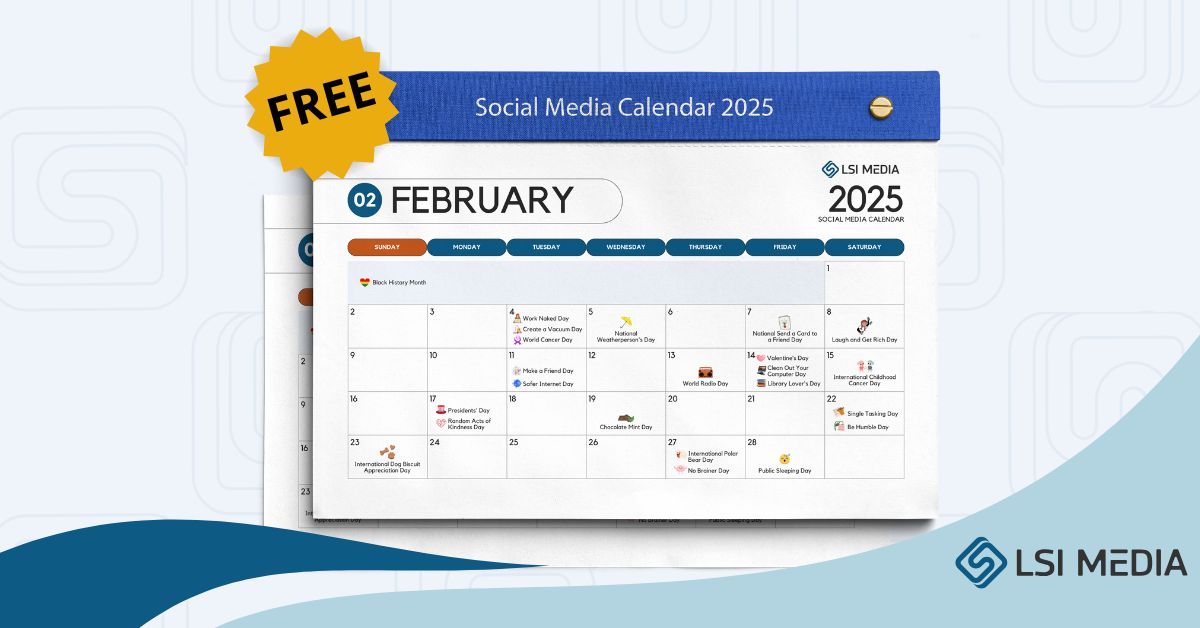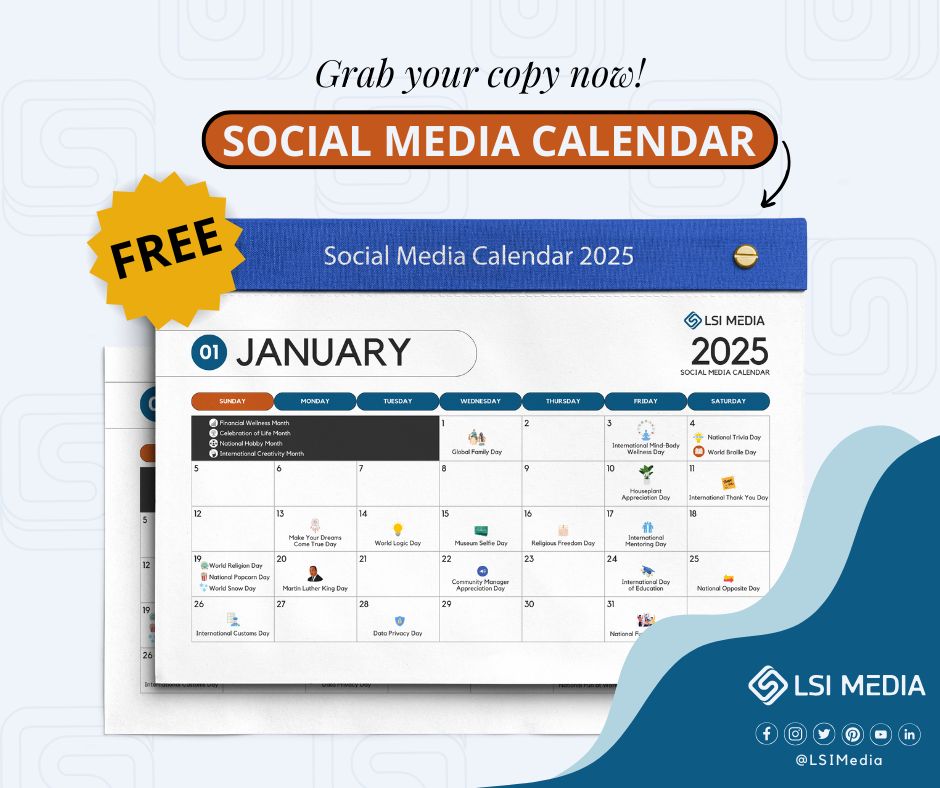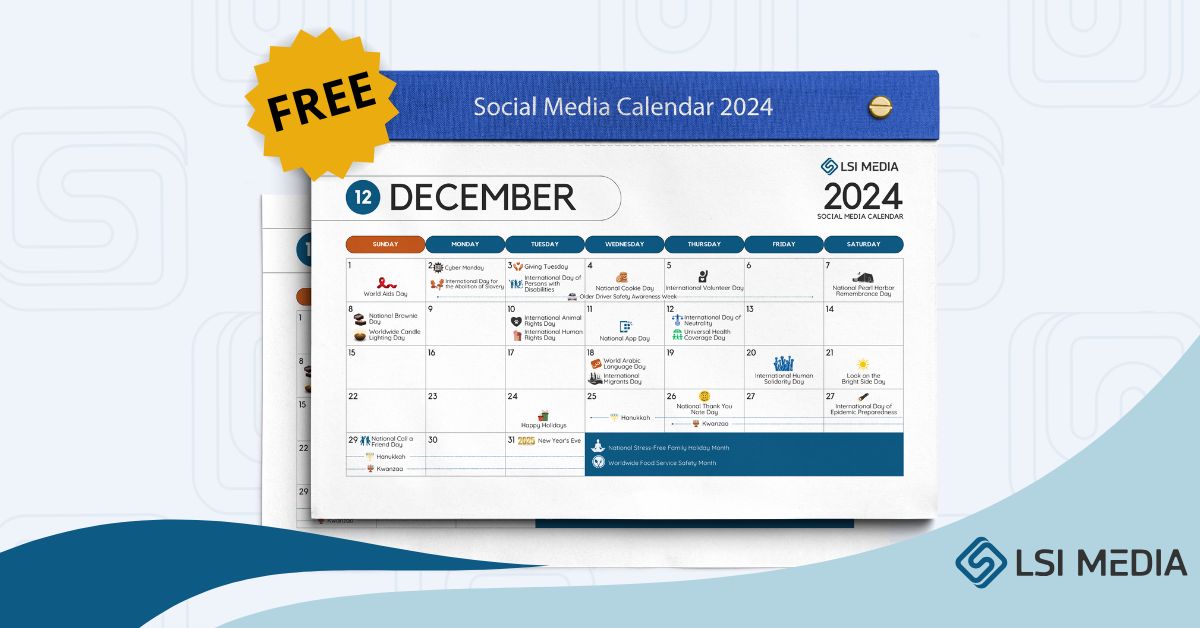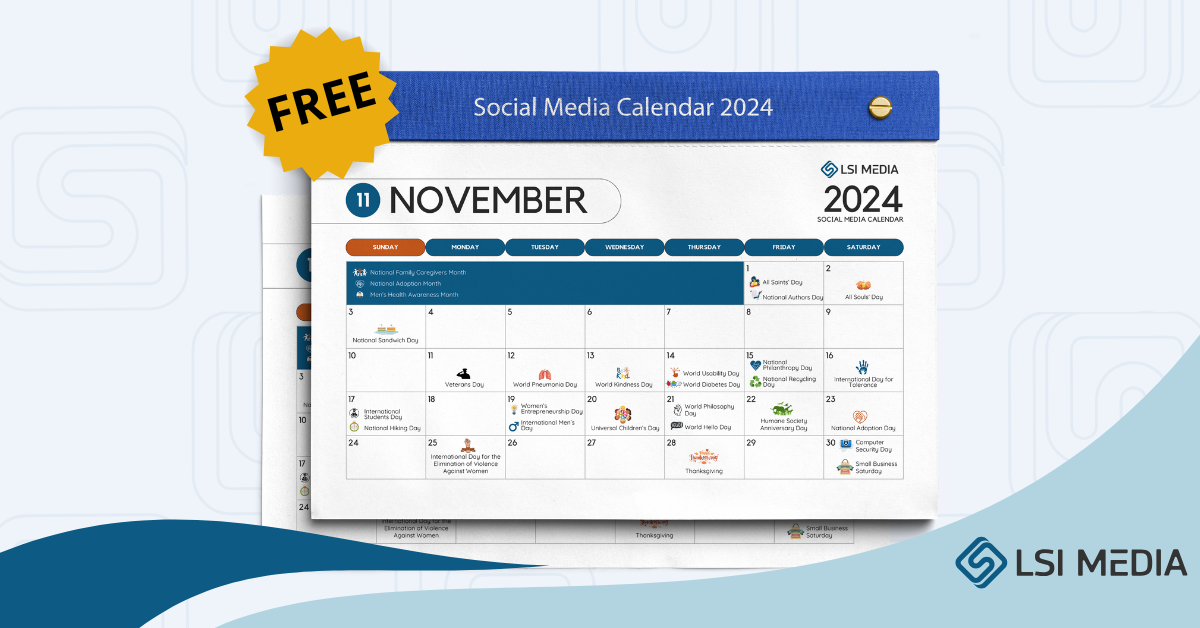[ez-toc]
Think back to the last time you went online to look for information about your health. Maybe you wanted quick answers about what could be causing the headache you’ve had for a while now. Or maybe you were looking for advice on how to get a splinter out of your first-foot grader’s.
It’s not strange that the first thing you’d want to do is open a Google browser before calling your doctor’s office. According to the Pew Research Center, 77% of all health questions start with a search engine, and 72% of all Internet users say they have looked online for health information in the past year.
So, what does this mean for marketers in the health care field? Digital marketing in healthcare has become crucial as a result of this shift in patient decision-making. Digital aids in the successful communication, acquisition, engagement, and retention of patients and physicians.
How important are healthcare marketing campaigns and strategies?
Health systems and healthcare practices need a strong healthcare marketing strategy to improve marketing communications and help their businesses grow. Marketing strategies can help health systems reach both current and potential patients, get patients involved and get the most out of their networks, find new doctors to improve clinical quality and do more.
For a health system or healthcare practice to get more people to use their services, they need a clear marketing plan for healthcare. In the digital world of today, it’s important for marketers in any field to come up with a multichannel marketing plan that reaches customers on the channels they prefer.
For healthcare marketers in particular, the challenge is to come up with custom messages that work across all channels and help patients get involved and make society as a whole healthier. Let’s take a look at 15 campaign best practices for healthcare marketers to improve their organizations’ bottom line and create better outcomes for patients:
1. Enhance Your Healthcare Branding
Your expertise may set you apart from other healthcare practitioners, doctor practices, or hospitals. To a patient, one white coat looks like the next, and consumers don’t buy from strangers.
Building a great brand and promoting it reduces your cost-per-acquisition. First, define your brand.
- What makes your network, hospital, or practice unique?
- You handle patients differently?
- Office family-friendly?
- Spa-like?
Your medical teams’ uniqueness helps patients remember your organization’s name. When you’re asking consumers to trust you with their health, promoting awards for achievement can help establish brand trust.
2. Collaborate With the Marketing Team
Today’s healthcare marketers have a lot of information about patients at their fingertips. As a result, it’s critical not just to integrate multiple data sources into a healthcare CRM, but also to ensure that marketing efforts are coordinated with other departments (sales, contact center, etc.) throughout the organization.
To be truly integrated, a marketing program must take a cross-disciplinary strategy that incorporates patient insights from many departments and ensures that everyone collaborates and stays on the same page.
3. Build a responsive healthcare website
A responsive website dynamically changes to screen size, so the experience is the same on a computer, tablet, phone, or other mobile device. It’s the norm in website design today/ Google has promised to a mobile-first index for all websites, including healthcare websites, by September 2020. Yet, search engines look for it while crawling medical websites to determine how and where you’ll rank. Google prioritizes rivals with mobile-friendly sites for user experience. Mobile digital healthcare is better on responsive sites. Even if you have a responsive site, make sure content and images load quickly on mobile devices.
Healthcare marketers that examine user (prospective patient) behavior online have shown that patients today are less ready to tolerate slow loading times. A sluggish website can lose a patient in 5 seconds.
Another user experience issue may cause your medical or healthcare website to fall in the SERPs. PageSpeed Insights can test your site’s speed. Your web developer can speed up slow load times. Check your competitors’ site speeds in your “healthcare neighborhood” or medical services area.
4. Align Your Efforts With Consumer Insights
Marketers are under more and more pressure to move toward digital media, but they also need to be able to show that their digital efforts are paying off. The best way to do this is to make sure that marketing efforts are in line with business intelligence and consumer insights.
This is where the analytics part of the CRM platform for healthcare comes in. After the data has been collected and put into the system, marketers can look at the data, analyze it, and link marketing efforts to clinical and financial results.
5. Optimize for prospective patients’ search engine results
SEO can boost your medical practices or hospital network’s search engine rankings. However, most marketing experts underestimate its complexity. You can’t use “healthcare practice” 100 times on your website and expect to rank #1 on Google for local doctors.
SEO entails employing the right phrases and keywords so Google can comprehend your healthcare organization’s webpages and rank you for relevant healthcare-related search terms, such as medical conditions, healthcare professional treatment of any type, among others. Google cares most about readability, so use these terms naturally.
6. Be Responsive To Your Customers
In Real Time No other industry is changing as much as healthcare is. This is both a challenge and an opportunity for healthcare marketers. Marketers who are proactive will keep an eye out for changes in consumer interests and behaviors and be ready to react.
Furthermore, marketers can take advantage of unexpected opportunities – such as mobile marketing, live-tweeting, among others — that may not have been possible in the past by using real-time reporting and analysis.
7. Optimize the influence of social media
Too many hospitals and healthcare providers base a substantial portion of their digital healthcare marketing efforts on organic social media.
Organic social media is when you post pictures, updates, events, and other content directly to Facebook, Twitter, or YouTube. This is a good way to build your brand and let patients know about new things. It should not, however, be your exclusive social approach. Paid social media advertising is a better method to reach the relevant people who could be looking for your services—even if you’re not already linked.
Let’s face it: unless they are already involved with, or employed by, a local healthcare institution, few people share postings from that organization online. Paid social media is more than just clicking the “Boost Post” button when you post from your business page. This, like PPC or display advertising, requires planning and financing to reach the desired demographic.
8. Set Up Credibility and Trust
As any healthcare marketer knows, trust is a key part of getting patients involved from the first office visit all the way through the care continuum. Still, it’s harder than it sounds to make the kind of connections that lead to proactive patient care over time.
The IMS Institute for Healthcare Informatics says that 40% of online health advice comes from social media. This means that healthcare marketers can reach a large number of patients through the networks they use to find health information.
9. Make Changes To Your Strategy in Real Time
Even the best campaign idea might not work with its intended audience after it starts. Because of this, it’s important for marketers to keep track of performance over time so they can get a clear picture of which campaigns and messages work best. With this information, they can change their campaigns in real time to make sure their money is well spent.
Digital marketing is better than traditional marketing because you can change your marketing strategy during the campaign to get more people involved and make it more successful.
10. Enhancing The User Experience
Patients now want their clinicians to talk to them in a more personal way and give them better care. To do well in a consumer-driven market, the healthcare industry can learn from retail marketing. For instance, marketers should make sure that their website is set up so that it works well on mobile devices.
According to recent surveys, 79 percent of consumers will look for another site if the one they land on does not suit their needs. Health systems should also try to give consumers and patients a full experience. All customer touchpoints, like the website, emails, requesting an appointment, and online patient tools, should be optimized and designed to give users the same experience.
11. Set Up Additional Conversion Opportunities
In Place A call to action is an important part of any digital marketing campaign. For first-time website visitors, giving them many chances to “Schedule an Appointment” and “Talk to a Representative” could encourage them to visit a facility or find out more about it.
For existing patients, the patient portal is simple to use and includes downloadable tools that can help them rapidly access their medical data or learn more about a problem that has already been diagnosed. For example, from clicking on the first ad to coming in for an appointment can take a long time in healthcare, so a clear CTA can help users know what to do next.
12. Use Automation Marketing To Your Advantage
Some marketing strategies, like sending emails to remind people of appointments and giving them care instructions afterward, are repetitive and can be more effective if they are done automatically. In fact, marketing automation can help marketing departments in healthcare move from being reactive to being proactive.
For the long lead attribution periods of some service lines, marketing automation can help nurture inactive consumers until they convert or help keep existing patients engaged for a long time. The goal is to automate communication so that health systems can keep their patients interested and build loyalty over time, even when they’re not in the office.
13. Don’t Overlook The Doctors
Digital marketing techniques shouldn’t only be used to get new patients or keep them interested. Research has shown that combining marketing for doctors and marketing for consumers can have big operational and financial benefits, like keeping more customers and getting more patients to visit.
In recent studies, one large health system earlier used a mix of traditional marketing, physician relationship management, and digital marketing to reach consumers and referring providers with online display ads, PPC, and emails about new doctors. Later, one academic medical center in the Southeast was able to set up 1,322 new appointments with primary care physicians because of this year-long campaign.
14. Think About the Future and Keep Your Feet On the Ground
Since digital marketing is always changing, it’s important for good healthcare marketers to keep up with changes in law, technology, innovation, etc. At the same time, marketers may also need to “wait and see” in some areas.
As was said above, we’ve already seen how new ways of communicating, like mobile phones and social media, have affected the healthcare industry. The next question is how healthcare marketers can get ready for the next wave of digital marketing innovations.
15. Review feedback from patients regarding your marketing strategies
You can’t help when patients submit negative reviews on Yelp. With unpleasant comments and reviews, it is best to follow up on patient feedback to show you’re working on the issue. Yelp allows direct patient feedback responses. With proper follow-up, patients may update their review to let others know the problem was fixed.
Reputation management should be part of any Healthcare Marketing strategy but don’t get defensive about poor reviews. This simply implies that your team is improving processes and equipment based on previous patient input.
Final thoughts
More people are looking forward to a changing health care system with calls for a more proactive, efficient, and personal approach to health care. In this regard, the healthcare industry needs to use effective digital marketing techniques to meet consumer needs. Healthcare marketers can improve the landscape of healthcare digital marketing campaigns by using their messages to educate, inspire, motivate, and engage consumers to become more involved in their own care and be healthier in the long run.
LSI Media offers its digital marketing campaigns for the healthcare industry Feel free to reach out to our team for a discussion on how we can help your business.
FAQs:
1. What are healthcare marketing campaigns?
Healthcare marketing campaigns are strategic initiatives taken by healthcare organizations to promote their services, products, or healthcare messages to their target audience.
These campaigns involve various marketing techniques and channels to reach potential patients, increase brand awareness, and drive patient engagement.
2. Why are healthcare marketing campaigns important?
Healthcare marketing campaigns play a crucial role in today’s competitive healthcare industry. They help healthcare organizations distinguish themselves from their competitors, attract new patients, retain existing patients, and improve overall visibility and reputation.
Effective campaigns also contribute to increasing patient trust, building strong patient-provider relationships, and promoting better healthcare outcomes.
3. How can I plan a successful healthcare marketing campaign?
To plan a successful healthcare marketing campaign, consider the following tips:
1. Define your campaign goals and target audience.
2. Conduct market research to understand patient preferences and needs.
3. Develop a compelling marketing message that resonates with your target audience.
4. Choose appropriate marketing channels such as social media, email marketing, and content marketing.
5. Create engaging and informative content that educates and attracts patients.
6. Leverage data analytics to measure and optimize campaign performance.
7. Collaborate with healthcare influencers or partners for wider reach.
8. Monitor and respond to patient feedback and reviews.
9. Evaluate the campaign results and make necessary adjustments for improvement.
4. How can I effectively utilize social media in healthcare marketing campaigns?
Social media is a powerful tool for healthcare marketing. Here are a few tips to effectively utilize social media in your campaigns:
1. Identify the most relevant social media platforms for your target audience.
2. Create a social media content strategy that aligns with your campaign goals.
3. Share compelling and educational content to engage your audience.
4. Use relevant hashtags and keywords to increase discoverability.
5. Interact with your audience by responding to comments, messages, and reviews.
6. Collaborate with healthcare influencers or organizations to expand your reach.
7. Utilize social media analytics to measure and refine your campaign strategies.

